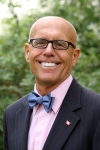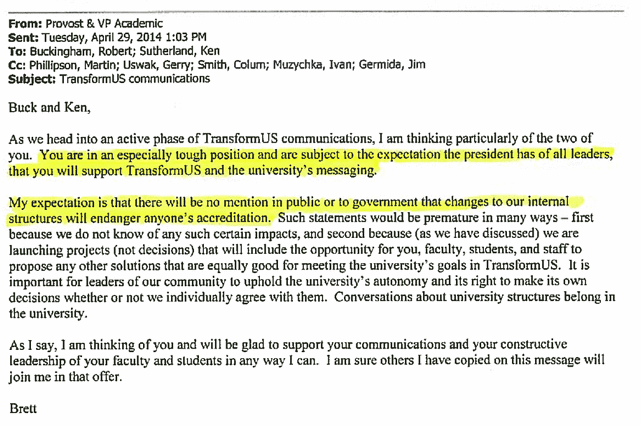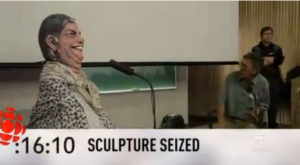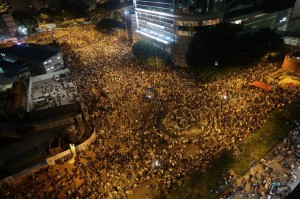
Donny Kwok and Yimou Lee, Reuters, Reader Supported News, September 30, 2014– Tens of thousands of pro-democracy protesters extended a blockade of Hong Kong streets on Tuesday, stockpiling supplies and erecting makeshift barricades ahead of what some fear may be a push by police to clear the roads before Chinese National Day.
Riot police shot pepper spray and tear gas at protesters at the weekend, but by Tuesday evening they had almost completely withdrawn from the downtown Admiralty district except for an area around the government headquarters.
On the eve of Wednesday’s anniversary of the Communist Party’s foundation of the People’s Republic of China in 1949, crowds poured into central districts of the Asian financial hub, near where National Day festivities are scheduled to take place.
Rumours have rippled through crowds of protesters that police could be preparing to move in again, as the government has vowed to go ahead with celebrations.
“Many powerful people from the mainland will come to Hong Kong. The Hong Kong government won’t want them to see this, so the police must do something,” Sui-ying Cheng, 18, a freshman at Hong Kong University’s School of Professional and Continuing Education, said of the National Day holiday.
“We are not scared. We will stay here tonight. Tonight is the most important,” she said.
Student leaders have given Hong Kong leader Leung Chun-ying an ultimatum to come out and address the protesters before midnight on Tuesday, threatening to escalate action in the next few days to occupy more government facilities, buildings and public roads if he fails to do so.
The protesters, mostly students, are demanding full democracy and have called on Leung to step down after Beijing ruled a month ago that it would vet candidates wishing to run for Hong Kong’s leadership in 2017.
While Leung has said Beijing would not back down in the face of protests it has branded illegal, he also said Hong Kong police would be able to maintain security without help from People’s Liberation Army (PLA) troops from the mainland.
“When a problem arises in Hong Kong, our police force should be able to solve it. We don’t need to ask to deploy the PLA,” Beijing-backed Leung told reporters at a briefing on Tuesday.
DEMONSTRATIONS COULD ESCALATE
The protests are widely expected to escalate on Wednesday to coincide with National Day celebrations.
“I don’t know what the police or government will do to me, but I am 100 percent sure I need to come out (tonight),” said Ken To, the 35-year-old manager of a restaurant in the densely packed Mong Kok residential district.
“We (Hong Kongers) don’t only want money. We want our kids, our future, our education,” he said.
China rules Hong Kong under a “one country, two systems” formula that accords the former British colony a degree of autonomy and freedoms not enjoyed in mainland China, with universal suffrage set as an eventual goal.
Protesters massed in at least four of Hong Kong’s busiest areas, including Admiralty, the Central business district, the bustling shopping district of Causeway Bay and Mong Kok in Kowloon.
“We hope all the people can hold the three main occupation points; Admiralty, Causeway Bay and Mong Kok. We will call these places ‘Democracy Square,” said Chan Kin-man, a co-founder of protest movement Occupy Central.
Organisers said as many as 80,000 people thronged the streets after demonstrations flared on Friday night, and many have slept out for the past four nights blocking usually busy roads. No independent estimate of crowd numbers was available.
STOCKPILING SUPPLIES
Alex Chow, leader of the Hong Kong Federation of Students, said the protests, which began as a gathering of students and the “Occupy Central” movement, had become much broader and attracted Hong Kongers of all walks of life.
“It has evolved into a civil movement,” he said.
“We can see the Beijing and Hong Kong governments already feel pressure, so the ‘Occupy’ movement must continue,” Chow told protesters in Admiralty.
People set up supply stations with water bottles, fruit, crackers, disposable raincoats, towels, goggles, face masks and tents, indicating they were in for the long haul.
Some lugged metal road barricades into positions on the edge of crowds, presumably to slow a police advance. In at least one location, several minivans and a truck were parked in rows in an apparent effort to block a road.
At one Mong Kok intersection, six abandoned double-decker buses have been turned into makeshift noticeboards, their windows papered with messages of support such as “Please don’t give up” and “CY Leung step down”. Some protesters nearby clapped and cheered while others played the guitar and drums.
“Even though I may get arrested, I will stay until the last minute,” said 16-year-old protester John Choi.
“We are fighting for our futures.”
Protest organisers urged citizens to donate more yellow ribbons, another symbol of the protests, and goggles to protect against tear gas and pepper spray.
Communist Party leaders in Beijing worry that calls for democracy could spread to the mainland, and have been aggressively censoring news and social media comments about the Hong Kong demonstrations.
The protests are the worst in Hong Kong since China resumed its rule in 1997. They also represent one of the biggest political challenges for Beijing since it violently crushed pro-democracy protests in Tiananmen Square in 1989.
The movement presents Beijing’s Communist Party with a difficult challenge. Cracking down too hard could shake confidence in market-driven Hong Kong, which has a separate legal system from the rest of China. Not reacting firmly enough, however, could embolden dissidents on the mainland.
The deputy director of China’s National People’s Congress Internal and Judicial Affairs Committee, Li Shenming, wrote in the People’s Daily: “In today’s China, engaging in an election system of one-man-one-vote is bound to quickly lead to turmoil, unrest and even a situation of civil war.”
FINANCIAL FALLOUT
Financial fallout from the turmoil has been limited so far as investors gauge how severe Beijing’s response might be.
Still, Hong Kong shares .HSI fell to a three-month low on Tuesday, registering their biggest monthly fall since May 2012.
The city’s benchmark index has plunged 7.3 percent this month. Chinese shares were less troubled, perhaps because news of the protests in Hong Kong was hard to come by on the mainland.
The Hong Kong Monetary Authority, the de facto central bank, said 37 branches or offices of 21 different banks had been temporarily closed because of the protests.
Some businesses have been directly affected, including luxury retailers in the Causeway Bay shopping mecca where protesters hunkered down.
The outside world has looked on warily, concerned that the clashes could spread and trigger a much harsher crackdown.
Washington has urged the Hong Kong authorities “to exercise restraint and for protesters to express their views peacefully”.
The protests have also been watched closely in Taiwan, which has full democracy but is considered by Beijing as a renegade province that must one day be reunited with the mainland.
Taiwan President Ma Ying-jeou said Beijing needed “to listen carefully to the demands of the Hong Kong people”.
British Prime Minister David Cameron expressed concern about the clashes between protesters and police.
The United States, Australia and Singapore have issued travel alerts.
Read More: RSN

 Follow
Follow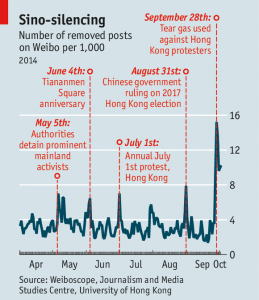
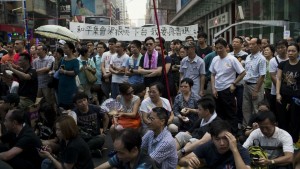
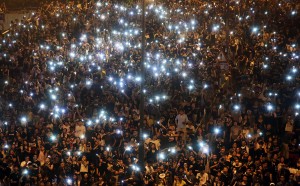
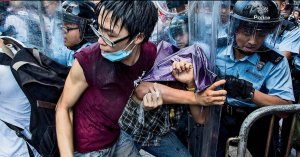


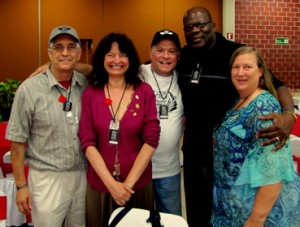
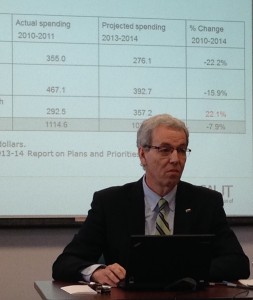
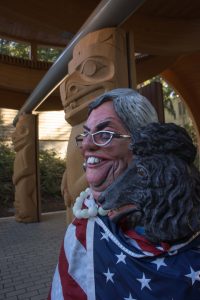
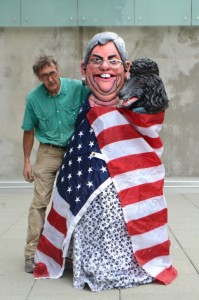 THE CASE OF THE MISSING SCULPTURE
THE CASE OF THE MISSING SCULPTURE